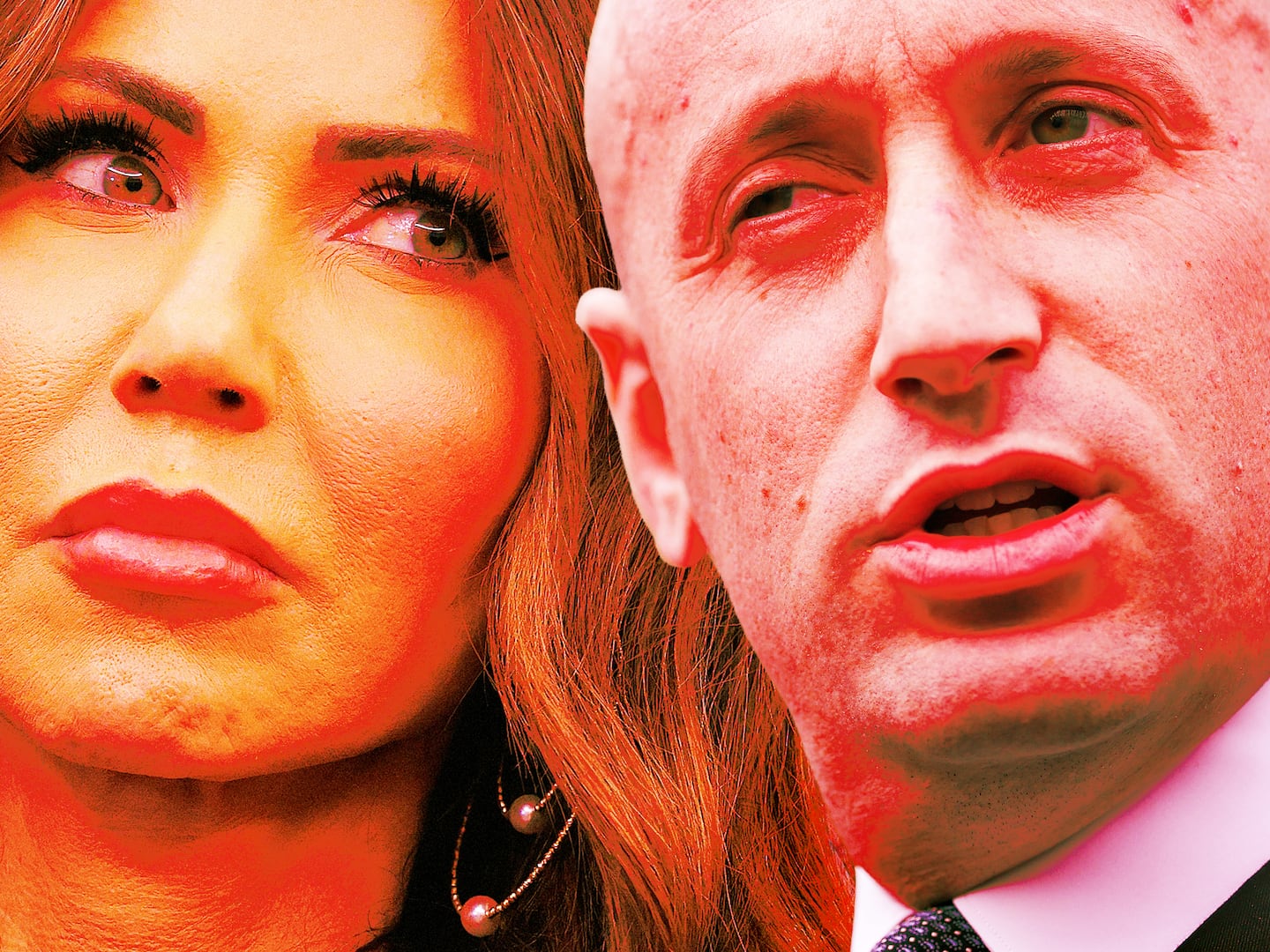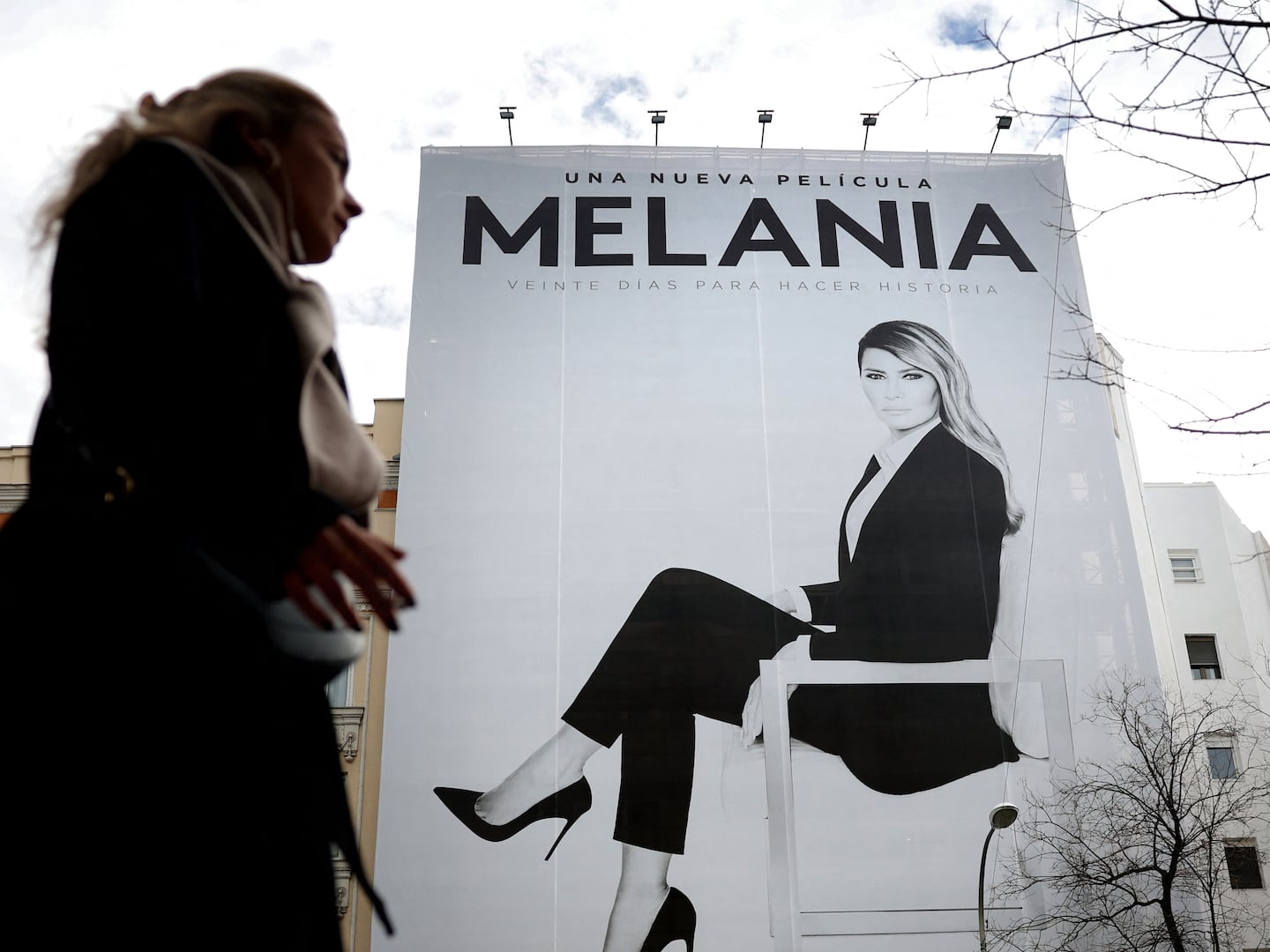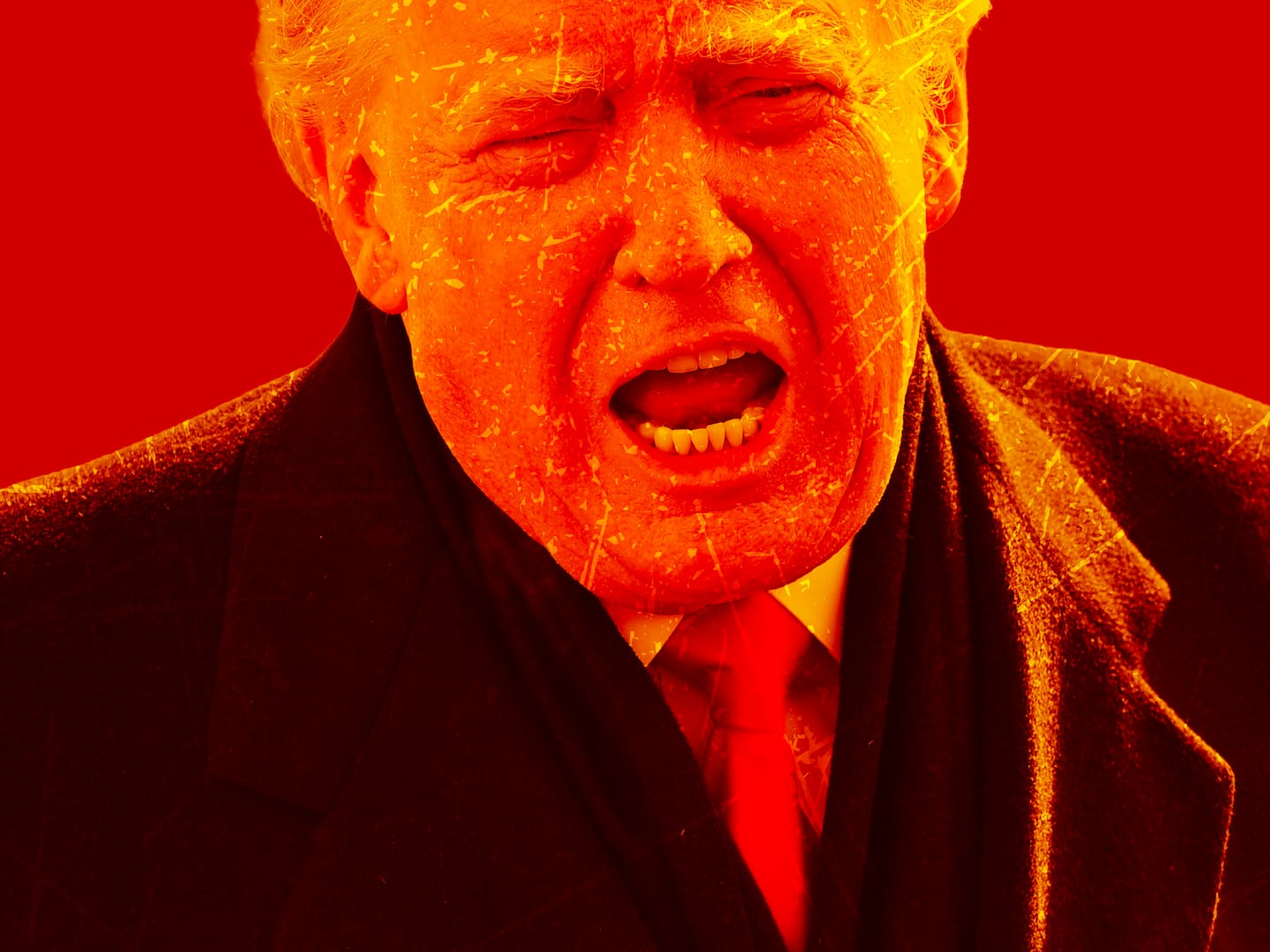If, in the 1960s, paranoids yelled, “The Russians are coming,” today’s more credible cry should be, “the Hillary haters are coming.” As the most famous Hillary convert David Brock squabbles with former Barack Obama supporters over control of Hillary Clinton’s shadow presidential campaign, the Hillary haters are crawling out from under their rocks. Since she became a national figure in 1992, Hillary Rodham Clinton has been one of the most famous, yet polarizing, Americans.
In fairness, Hillary Clinton earned some of the enmity. Especially when pressured, she and her husband have shown a tendency to, ahem, “misremember” that makes Brian Williams look like George Washington. Her awkwardness and insecurity in 1992 and 1993 made it worse, as she often sounded like a stereotypical feminist hostile to traditional women and values. Still, in an era that is particularly hard on politicians, be it Al Gore, Bill Clinton, and Barack Obama on the left or Sarah Palin, George W. Bush, and Dick Cheney on the right, Hillary hatred has been particularly virulent and irrational.
While the Arkansas animus against the Yankee feminist living in the Governor’s Mansion harks back to the 1980s, Hillary bashing as a national sport began on January 26, 1992. That night, after Super Bowl XXVI, Bill and Hillary Clinton appeared on a special “Sixty Minutes” to refute charges that were true about Bill Clinton’s unfaithfulness.
Understanding that his candidacy’s survival depended on her vouching for him, millions of Americans first met Hillary Clinton as she requested a zone of privacy. Mrs. Clinton offended millions of traditionalists—and country music fans—by saying, “I’m not sitting here like some little woman standin’ by my man, like Tammy Wynette.” Two months later, Clinton triggered more cultural alarms by boasting that while “I could have stayed home and baked cookies and had teas,” she mastered a profession instead.
Hillary Clinton’s prickly rhetoric made her easily cast as the ultimate “feminazi,” the “yuppie wife from hell,” the harsh Northeastern careerist know-it-all. The sexual panic this caricature of her engendered could be seen in all the contradictory rumors about her, that she was at once frigid, a lesbian, and a heterosexual adulterer herself. To opponents, Hillary Clinton represented Bill Clinton’s “McGovernik” tendencies, in Newt Gingrich’s memorable label, absorbing all the anxieties about the Baby Boomers, the Sixties, and Bill Clinton’s genuinely liberal pedigree and supposedly liberal master plan.
When the Clintons’ initial talk of a “co-presidency” involved her both in the health care reform debacle and a series of scandals from Travelgate to Whitewater, the traditional rumor mill became a post-modern, 24/7 media-fueled industry. In December 1993, David Brock’s infamous “Troopergate” article exposing Bill Clinton’s Arkansas philandering portrayed Hillary Clinton as unloved and unlovable. The article ultimately led to the Paula Jones lawsuit, which provided the legal foundation for Bill Clinton’s 1998 impeachment—and launched Brock’s long quest for liberal redemption for serving as a Right Wing Hit Man.
With the Internet just emerging as a perpetual scandal-generator, Hillary-hating initially flourished thanks to magazines like Brock’s American Spectator, Talk Radio, tabloid newspapers, and sensation-seeking 24/7 television news networks. Once, Rush Limbaugh broadcast a claim that the Clintons’ friend Vince Foster was murdered in an apartment Hillary Clinton owned. When the charge proved to be false, Limbaugh shrugged. “That’s what it said in the Fax,” he said, and began his next tirade.
As First Lady, Hillary Clinton also absorbed a more traditional hostility that other activist First Ladies have stirred, when they were perceived as controlling, manipulative Lady Macbeths trying to seize power through pillow talk. The similar sexist caricatures mocking such dissimilar women as Hillary Clinton, Nancy Reagan and Eleanor Roosevelt, suggests the anxiety was cultural and institutional not just personal. Like Reagan and Roosevelt, Bill Clinton was a particularly charming, elusive president whose less popular, less slippery First Lady served conveniently as a lightening rod.
While that hostility to Hillary the power-hungry radical persists, three critical shifts have diminished it. First, Hillary Clinton became a more passive, more traditional First Lady. That distance served her well during the Monica Lewinsky sex scandal, when millions of American women softened their impressions of her. Being pitied as a victim rather than respected as a powerhouse rankled this talented, intelligent, modern woman. Nevertheless, Clinton parlayed that sympathy into a revolutionary rehabilitative jump into traditional electoral politics, running for Senate in 2000 as Hillary!—with her campaign posters preferring an exclamation point to her last name.
As New York’s junior senator, Hillary Clinton confounded her critics. No longer vulnerable to accusations of trying to commandeer power through marriage, she was now a legitimate player with a real job on the political scene. And despite Hillary’s reputation as a radical lesbian liberal feminist, in 2008 Barack Obama ran to her left.
As a senator in her mid-fifties—and a national icon known by her first name, like Cher or Madonna—Hillary also now felt more secure. Senator Clinton played against her celebrity, showing a humility and respect for seniority that charmed senators and voters. The warm, down-to-earth side her friends saw but many voters did not in the 1990s emerged.
The most astounding shift occurred during the searing 2008 Democratic primary campaign. The white working class men who had often detested Hillary with a particular Limbaughian Rush of bile, became her base in Ohio and Pennsylvania. Cynics believe these “bitter” Middle Americans, who “cling to guns or religion or antipathy to others who are not like them”—in Obama’s infamous phrasing—were more racist than sexist. Actually, the connection went deeper. In those primaries, a more empathetic and visionary Hillary Clinton was running for a cause not just to advance herself or her husband. After winning West Virginia in May 2008, she vowed to continue campaigning “for the nurse on her second shift, for the worker on the line, for the waitress on her feet, for the small-business owner, the farmer, the teacher, the coal miner, the trucker, the soldier, the veteran.”
Here, then, is the critical lesson Hillary Clinton must master. The noise will grow, with Benghazi being played as a conspiracy that was her fault rather than a crime terrorists committed, with her aide Huma Abedin accused of being both a Muslim Brotherhood operative and Hillary’s lesbian lover, etc., etc., etc. Googling “Hillary Clinton” and “lesbian” already generates over 5.6 million hits.
But most Americans have given Hillary Clinton—and her husband—the benefit of the doubt when the Clintons focused on substance not celebrity. She needs to be fighting for something, not asserting a claim. She should stand for principle not peddle her fame—or her feeling that she deserves it. “It’s my time” talk will not play as well as “It’s time to act” talk. Foolishly, during her recent memoir rollout she traded on her personality, and wallowed in self-pity, unconsciously emphasizing how different she is from most Americans by claiming to be one of them in an area where she isn’t—net worth.
Hillary Clinton has to make the case that her presidency will accomplish something, despite the sniping. Many Americans will tolerate the negatives, if they believe there is something positive to be achieved. But if this campaign is just to add another line to the collective Clinton resume, enduring the inevitable Hillary Bashing won’t be worth it—perhaps even for her as well as for us.





